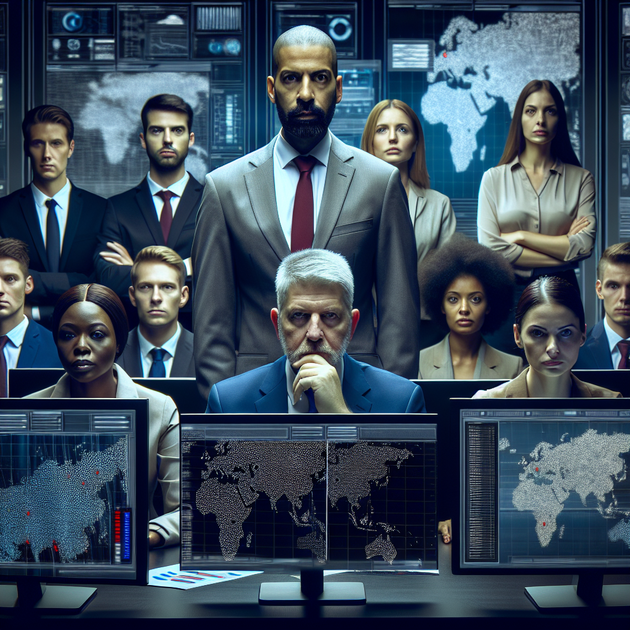Have you ever heard of someone being put in charge of guarding the henhouse after they tried to break in? That’s pretty much what’s happening right now in U.S. politics—a person who actively worked to overturn the loss in the 2020 election is now stepping into a role to help oversee America’s election security.
How Did We Get Here? The Road from Contesting the 2020 Election to Securing It
The story starts back in late 2020. After the presidential race was called for Joe Biden, some officials and public figures worked hard to dispute or outright deny the results of that year’s hotly debated vote. Fast forward a few years—and one of those very individuals has just landed a seat at the table where major decisions about our future elections are made.
It might sound like something out of an improbable movie script, but it’s reality: someone who tried to reverse the outcome of a national vote is now tasked with making sure those votes are safe and secure next time around.
What Does “Overseeing Election Security” Actually Mean?
You might be wondering what this job really involves. Overseeing U.S. election security means:
- Making recommendations about how we protect voting systems from hacking or interference
- Setting standards for how ballots are collected and counted
- Working with state and local officials to make sure their procedures are strong and fair
- Responding quickly if there are reports of irregularities or threats (both digital and physical)
- Building public confidence that every vote really counts—and is counted correctly
When you think about it, these responsibilities are huge. They touch every piece of our democracy—from how easy it is to cast your ballot to whether people believe in the final results.
The Big Questions About Trust and Integrity
Here’s where things get sticky: can someone who previously promoted doubts about the legitimacy of an American election be trusted with keeping future ones safe? This question isn’t just for political die-hards—it affects everyone who cares about democracy.
On one hand, supporters argue that having critics inside the system could make it stronger by highlighting weaknesses that others might miss. On the other hand, critics say putting someone with a history of questioning elections in charge risks undermining faith in those very elections all over again.
There’s also the risk that decisions made by such an official could be seen as biased—whether or not they actually are. And when public trust is already shaky after years of heated debate over “fake news” and misinformation campaigns online, perception matters almost as much as reality.
An Anecdote from Recent History
Remember back in 2016 when foreign actors were accused of trying to meddle in our presidential race? One cybersecurity expert I spoke with at a conference told me he never thought he’d see a day when Americans questioned their own voting systems even more than outside adversaries did.
Now here we are—with someone who did exactly that now helping oversee those same systems. It’s enough to make you wonder if we’re really learning from history or just repeating it with new faces.
Potential Pros and Cons—What Could Happen Next?
Let’s break down some possible outcomes:
- Pro: Deep insider knowledge could help spot vulnerabilities nobody else sees.
- Con: Past actions might erode confidence among voters who already feel unsure.
- Pro: If successful, it could prove even critics can become guardians of democracy.
- Con: Every decision might be second-guessed or politicized given their history.
- Wildcard: Public reaction may depend less on facts and more on social media narratives.
The Bottom Line—Is This Good for Democracy?
We’re living through an era where trust in institutions feels more fragile than ever—especially when it comes to elections. Having a former challenger of the 2020 election results take up a key spot in protecting future votes could either heal old wounds…or open up new ones.
The real test will come not just from what this official says or does—but from how ordinary voters feel about their votes being counted fairly next time around.
So what do you think—does giving a former skeptic responsibility over U.S. election security open doors for reform…or risk further dividing Americans?

Leave a Reply